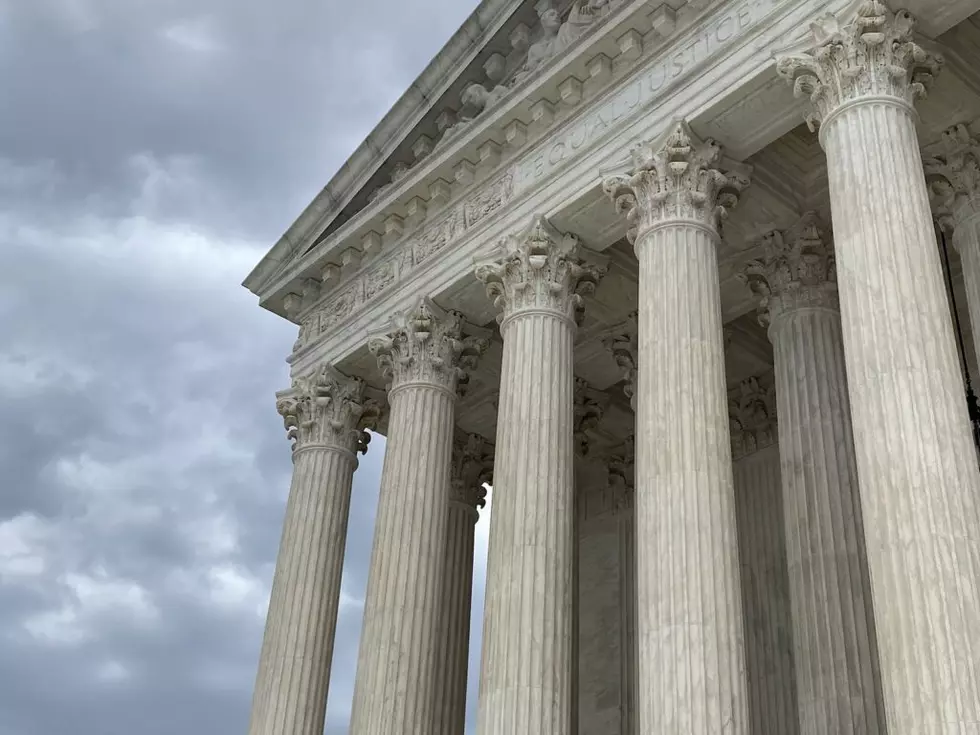
Far-reaching election theory before SupCo opposed by secretaries of state, including Colorado’s
Sara Wilson
(Colorado Newsline) Colorado Secretary of State Jena Griswold filed an amicus brief in an upcoming U.S. Supreme Court case that could drastically reduce oversight on how state legislatures run federal elections.
Griswold, along with 12 other secretaries of state, submitted the brief in Moore v. Harper on Wednesday. The other states represented are California, Connecticut, Maine, Massachusetts, Minnesota, New Jersey, New Mexico, Oregon, Pennsylvania, Rhode Island, Vermont and Washington.
The case comes out of North Carolina and considers a legal argument called the independent state legislature theory, a once-fringe concept that would give state legislatures huge amounts of power over federal elections by letting them enact laws for those elections without state court review. The secretaries of state reject the theory.
The case involves a gerrymandered congressional map drawn by a Republican-led legislature in North Carolina during last year’s redistricting process. The map was rejected by the state’s Supreme Court, but Republican lawmakers sued and argued that through the Constitution’s election clause, the courts have no role in the approval or rejection of congressional maps.
“The Secretaries of State amici are in no position to opine on whether the North Carolina Supreme Court correctly determined that the redistricting maps violated the North Carolina constitution. But they are uniquely positioned to understand that such questions related to elections have always been properly determinable in the states through the ordinary state lawmaking process,” Griswold and her colleagues write in the opening of the brief.
Dismantling the legal precedent that affirms checks and balances on state legislatures’ election regulations would have “far-reaching and unpredictable consequences on our country’s elections,” they wrote, citing precedent of the Supreme Court respecting state judicial review over election laws.
“Time and again, this Court has recognized that state courts are key to safeguarding elections. Indeed, both federalism and checks and balances are bedrock principles of American democracy — Petitioners’ theory would jettison both,” they wrote.
In essence, if the Supreme Court adopts the independent state legislature theory and sides with North Carolina Republicans, state legislatures would have broad authority to set electoral rules, decide voting policy and draw district maps without oversight from state courts.
States would have completely different legal regimes for state and federal elections, since only federal courts would be able to deal with federal electoral policy questions. It could allow states to have different eligibility requirements for state and federal elections, for example, and would likely create a logistical nightmare for the actual administration of elections, they wrote.
Arguments for Moore v. Harper are set to be heard in December.
